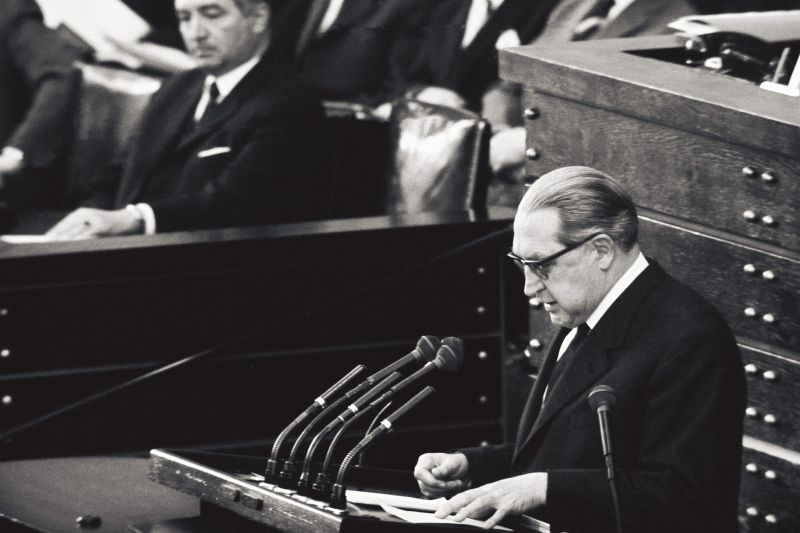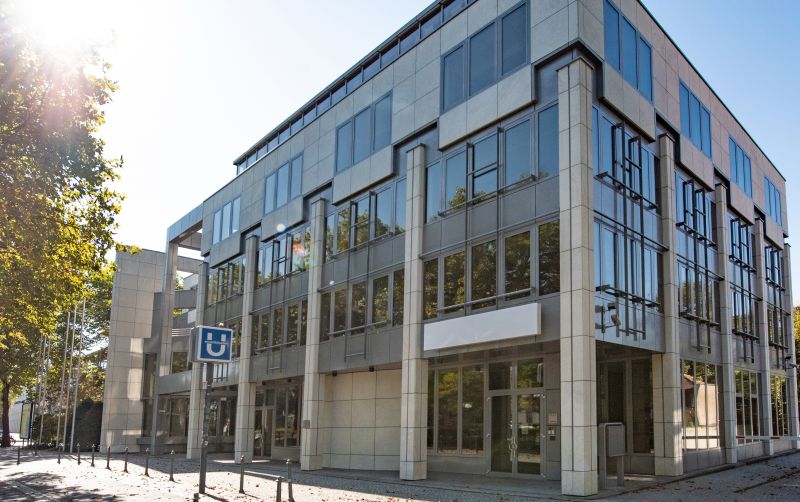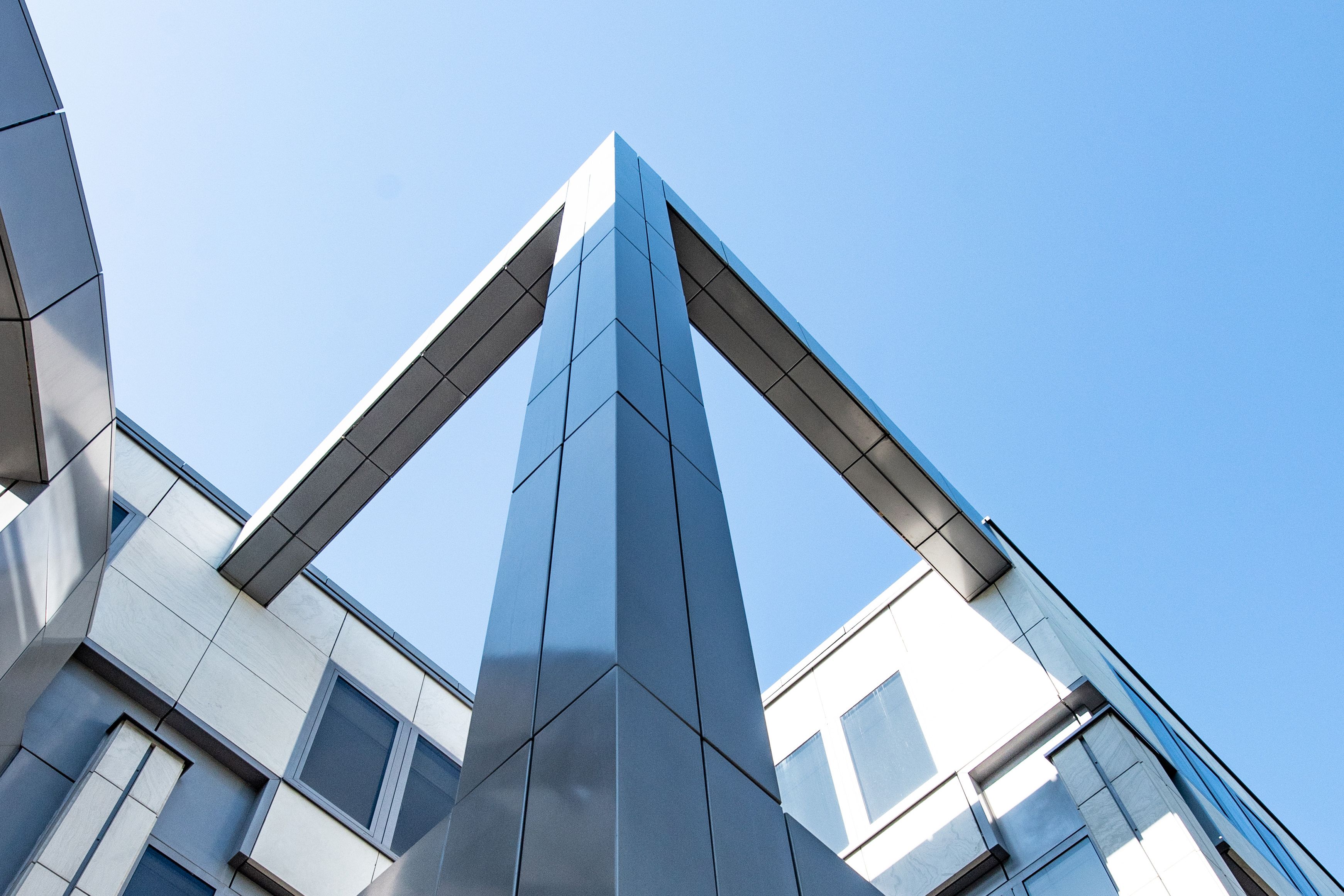For many years, parliamentary activity in Bonn was dominated by three parties: the CDU, SPD (the two largest parties) and the Freie Demokratische Partei (FDP), or Free Democratic Party, which is considerably smaller but made its mark by virtue of its strong positions on market economies and civil rights.
The first headquarters of the Free Democratic Party, whose regional associations merged to form the Free Democratic Party at the 1948 Heppenheim party conference, was located at Moltkestraße 5, beginning in June 1950. In November 1956 the party moved into a former psychiatric hospital at Bonner Talweg 57, and in April 1976 relocated again to a building at Baunscheidtstraße 15 that had previously been occupied by the SPD while Ollenhauer-Haus was under construction.
In 1989, shortly before the fall of the Berlin Wall, the Free Democratic Party decided to construct a new office building on what is now Willy-Brandt-Allee. But the project was put on the back burner until May 1993, as the key issue of German unification had in the interim led the party to doubt whether they really wanted to move into the building; plus the remains of a Roman settlement were uncovered at the site.
Like the party’s headquarters on Baunscheidtstraße, the new building was named after the erstwhile party chairman Thomas Dehler, an attorney who, like Theodor Heuss, was a member of the left-wing liberal DDP party in the Weimar Republic. From 1948 to 1949, Dehler was a member of the Parliamentary Council and subsequently of the Bundestag. But his main accomplishment was having established the FDP as a force to be reckoned with. “The FDP", states the party’s first political programme, which was drafted in 1957 toward the end of Dehler’s tenure, “shall strive to safeguard the freedom of all human beings to act responsibly. Out of a sense of social responsibility the party shall repudiate Marxism and socialist experiments, just as out of a sense of Christian responsibility it shall repudiate the use of religion to achieve political aims.”


